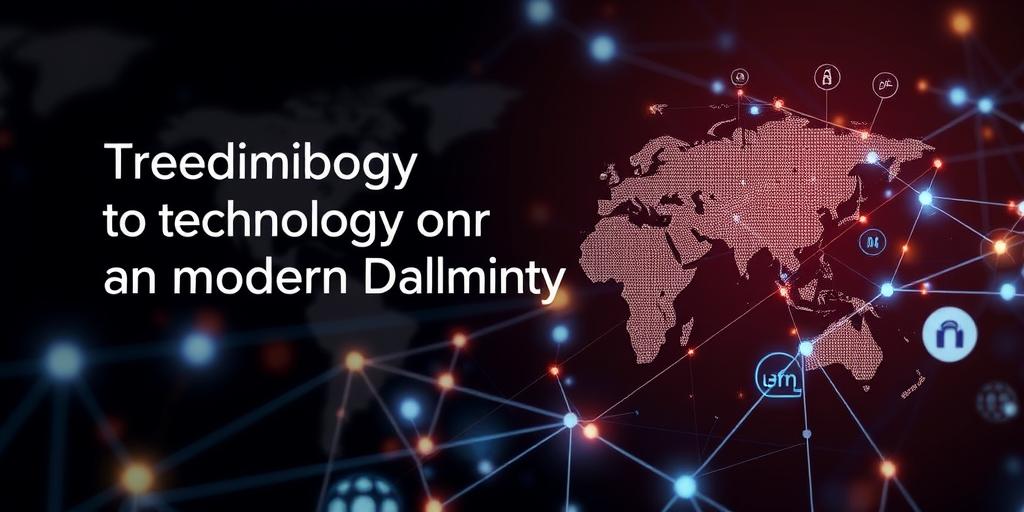The Impact of Technology on Modern Diplomacy
In an increasingly interconnected world, technology has profoundly reshaped the landscape of modern diplomacy. The tools and platforms available today have altered communication, negotiation, and information dissemination, creating both opportunities and challenges for diplomats and policymakers.
Enhanced Communication and Collaboration
Technology has broken down traditional barriers to communication, enabling real-time interaction and collaboration among diplomats across geographical boundaries. Email, video conferencing, and instant messaging facilitate quick and efficient exchanges of information, allowing diplomats to respond rapidly to evolving situations.
- Real-time communication: Diplomats can engage in instant dialogue, fostering better understanding and coordination.
- Accessibility: Technology provides access to a broader range of information, enabling diplomats to stay informed on global developments.
- Collaboration tools: Shared online platforms allow for simultaneous document editing, project management, and knowledge sharing.
Revolutionized Information Dissemination
Social media and online news platforms have democratized access to information, empowering both state and non-state actors to shape public opinion and influence diplomatic outcomes. Diplomats now use these channels to communicate directly with global audiences, bypassing traditional media gatekeepers.
- Direct engagement: Diplomats can engage directly with citizens, fostering transparency and building trust.
- Public diplomacy: Social media platforms provide a space for cultural exchange and promotion of national values.
- Crisis communication: Technology enables rapid dissemination of information during crises, helping to manage public perception and coordinate responses.
New Challenges and Considerations
While technology has enhanced diplomatic capabilities, it has also introduced new challenges and risks. Cybersecurity threats, disinformation campaigns, and privacy concerns pose significant threats to diplomatic security and effectiveness.
- Cybersecurity: Diplomatic communications and data are vulnerable to cyberattacks, requiring robust security measures.
- Disinformation: The spread of false or misleading information can undermine trust in diplomatic efforts and exacerbate conflicts.
- Privacy: Technology enables surveillance and data collection, raising concerns about the privacy of diplomatic communications and personal information.
Adaptation and Innovation
To navigate the evolving technological landscape, diplomats must embrace adaptation and innovation. This includes developing digital literacy, implementing cybersecurity protocols, and leveraging new technologies for diplomatic engagement.
- Digital literacy: Diplomats need to understand and effectively use digital tools and platforms.
- Cybersecurity awareness: Training and protocols are essential to protect diplomatic communications and data.
- Innovation: Diplomats should explore and leverage emerging technologies to enhance diplomatic effectiveness.
Conclusion
Technology has fundamentally altered the practice of modern diplomacy, creating both opportunities and challenges. By embracing adaptation and innovation, diplomats can harness the power of technology to enhance communication, collaboration, and information dissemination while mitigating the risks and challenges associated with this digital age. As technology continues to evolve, diplomacy must evolve with it to remain effective and relevant in an increasingly interconnected world.









